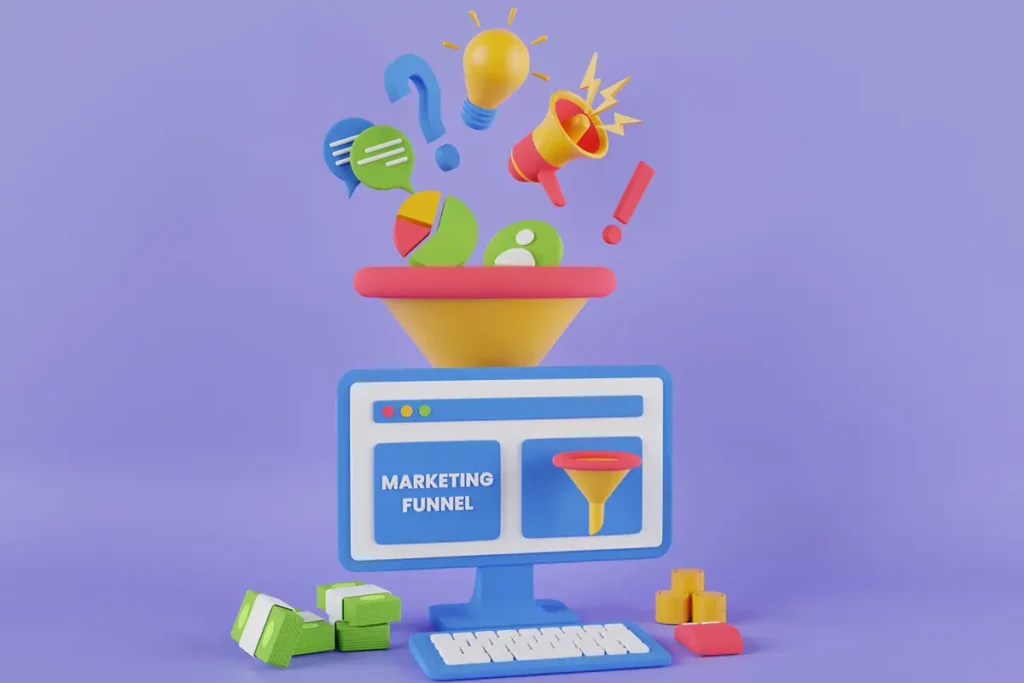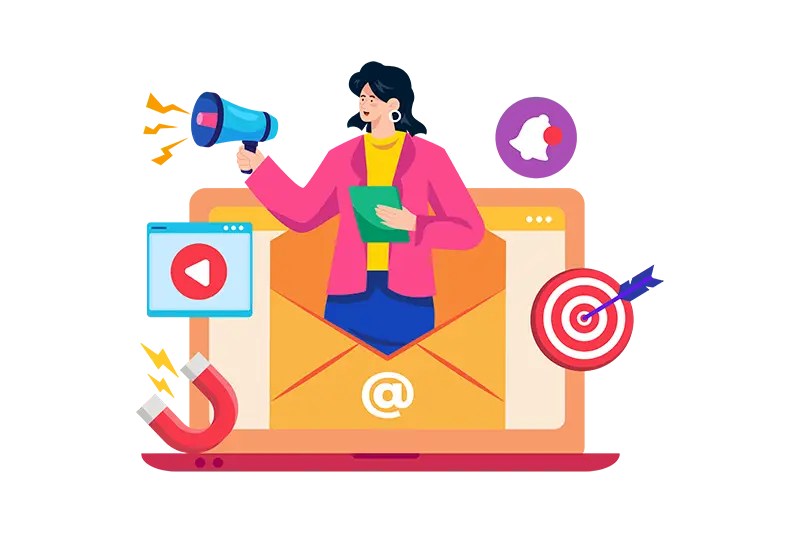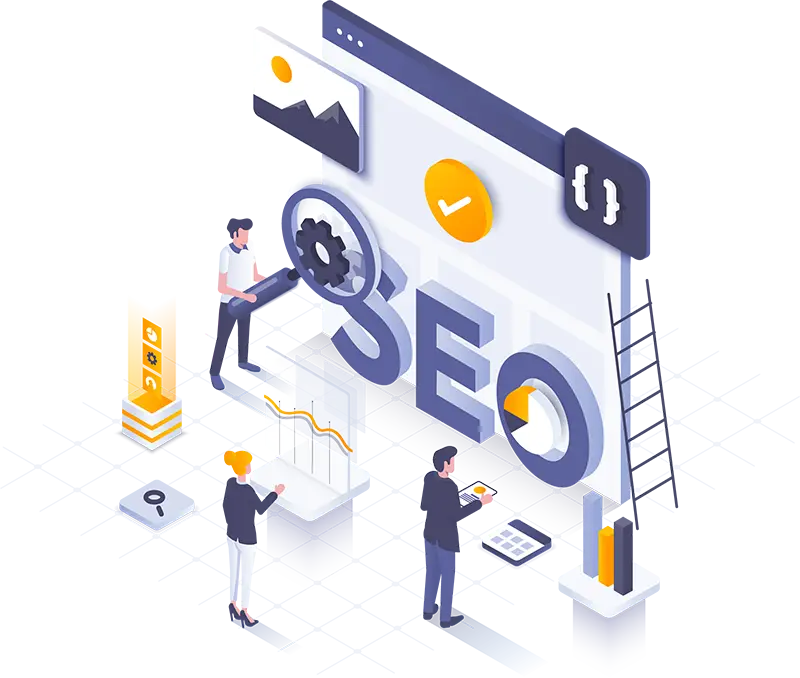Understanding Conversion Rates: Paid Search vs. SEO
- Published:
- Updated: January 29, 2024
Share this article:

In the digital marketing arena, understanding the nuances between paid search and SEO is crucial. Above all, knowing how their conversion rates compare can significantly impact your strategy and budget allocation. Therefore, let’s delve into an in-depth analysis.
Defining Conversion Rates in Digital Marketing
Before we compare, it’s vital to clarify what we mean by conversion rates. In other words, a conversion rate in digital marketing refers to the percentage of users who take a desired action after clicking on an ad or visiting a website. This could be making a purchase, signing up for a newsletter, or filling out a contact form.
Paid Search Conversion Rates: What to Expect
When we talk about paid search, we’re referring to advertising where businesses pay a fee each time their ad is clicked. For instance, Google Ads is a popular platform for this. However, there are multiple other platforms that offer similar services, such as Facebook (Instagram) and Twitter.
The Immediate Impact of Paid Search

Paid search typically yields immediate results and, as a result, often has higher conversion rates in the short term. According to WordStream, the average conversion rate for Google Ads across all industries is about 3.75% for search.
The Cost Factor
However, it’s essential to consider the cost. Paid search requires a budget, and the costs per click can add up quickly. In addition, while the conversion rates might be higher, the cost per acquisition is also higher.
SEO Conversion Rates: A Long-Term Investment
Search Engine Optimization (SEO), on the other hand, refers to the practice of optimizing a website to rank higher in search engine results organically, without paying for clicks. In other words, when you perform a Google search, the top results are usually labeled as “sponsored” and those are paid searches. Organic results are the set of results just below those paid ads.
Building Trust with SEO
SEO takes time but tends to build more trust with users. People often skip ads and go straight to the organic results. Similarly, they’re more likely to trust a site that ranks high organically. Therefore, while SEO might have a lower conversion rate initially, it tends to increase over time.
The Sustainable Choice

According to BrightEdge, organic search drives 53% of all website traffic. In other words, while it takes time and effort, SEO has the potential to drive significant traffic and conversions in the long run.
Comparing the Conversion Rates
So, how do paid search conversion rates compare to SEO? It depends on various factors including your industry, budget, and time frame. In other words, if you are a small business just getting started, you might want to allocate a monthly budget for paid ads, so your business starts getting some online exposure. However, in my own experience, I have gotten far better results by relying on a long-term SEO strategy.
Short-Term Gains vs. Long-Term Success
Paid search offers quick results and higher conversion rates in the short term. After that, SEO provides sustainable growth and potentially higher conversion rates in the long term.
Finding the Right Balance
Above all, a balanced digital marketing strategy might incorporate both paid search and SEO. For instance, use paid search for quick wins and SEO for sustainable growth.
In Conclusion
Paid search and SEO serve different purposes in a digital marketing strategy. Therefore, understanding their conversion rates and how they complement each other is crucial for success. However, if you want my personal opinion, the longer you work on your SEO strategy, the less you’ll have to rely on paid ads. I haven’t personally used Google Ads in over 8 years. Given how competitive the market is for the services I offer, I learned early on that I’d have to burn through some serious cash if I wanted stand out.
